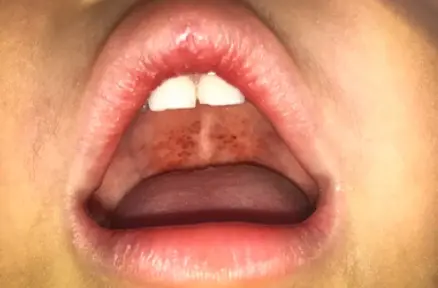 Welcome
Welcome
“May all be happy, may all be healed, may all be at peace and may no one ever suffer."
Vulvovaginal candidiasis - Generics
Vulvovaginal candidiasis, also known as vaginal yeast infection, is a common condition caused by the overgrowth of a type of fungus called Candida in the vaginal area. Here is an overview of vulvovaginal candidiasis, its symptoms, causes, and treatments.
Symptoms of Vulvovaginal Candidiasis:
The symptoms of vulvovaginal candidiasis can vary from person to person, but some common symptoms include:
- Itching and burning in the vaginal area
- Pain during sex or urination
- Redness and swelling of the vulva
- Thick, white, and odorless vaginal discharge
If you are experiencing these symptoms, it is important to seek medical attention to confirm the diagnosis and rule out other possible causes.
Causes of Vulvovaginal Candidiasis:
Vulvovaginal candidiasis is caused by an overgrowth of the fungus Candida, which is normally present in the vaginal area in small amounts. Some factors that can contribute to Candida overgrowth include:
- Antibiotic use, which can disrupt the balance of bacteria and yeast in the vagina
- Pregnancy, which can alter hormone levels and pH balance in the vagina
- Uncontrolled diabetes, which can affect the body's ability to fight infections
- Weakened immune system, such as in people with HIV/AIDS or cancer
- Use of hormonal contraceptives or corticosteroids
- Poor hygiene practices, such as wearing damp clothing or using scented products in the vaginal area
Treatment for Vulvovaginal Candidiasis:
The treatment for vulvovaginal candidiasis typically involves antifungal medication, which can be prescribed as a cream, tablet, or suppository. The specific medication and length of treatment depend on the severity of the infection. Some common antifungal medications include miconazole, clotrimazole, and fluconazole. It is important to follow the treatment regimen as directed and to avoid sexual activity during treatment.
Prevention of Vulvovaginal Candidiasis:
Prevention of vulvovaginal candidiasis involves maintaining good hygiene practices, avoiding tight-fitting clothing or damp clothing, and avoiding scented products in the vaginal area. It is also important to treat any underlying conditions that can contribute to Candida overgrowth, such as diabetes or immune system disorders.
In conclusion, vulvovaginal candidiasis is a common condition caused by an overgrowth of the fungus Candida in the vaginal area. Symptoms can include itching, burning, and vaginal discharge, and treatment typically involves antifungal medication. Prevention involves maintaining good hygiene practices and treating any underlying conditions that can contribute to Candida overgrowth.

Soft tissue sarcoma

Thyrotoxicosis

Angular cheilitis

Pseudohypoparathyroidism

Oestrogen deficiency

Diphtheria

Carcinoma

Prophylaxis of surgical i...
Vulvovaginal candidiasis, ভলভোভাজিনাল ক্যান্ডিডিসিস
To be happy, beautiful, healthy, wealthy, hale and long-lived stay with DM3S.